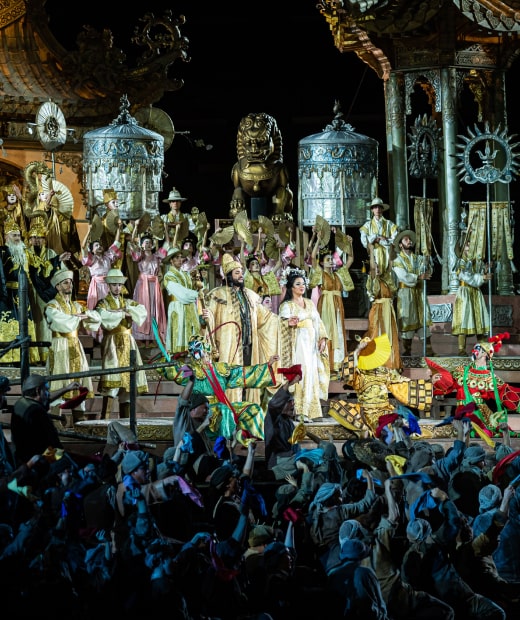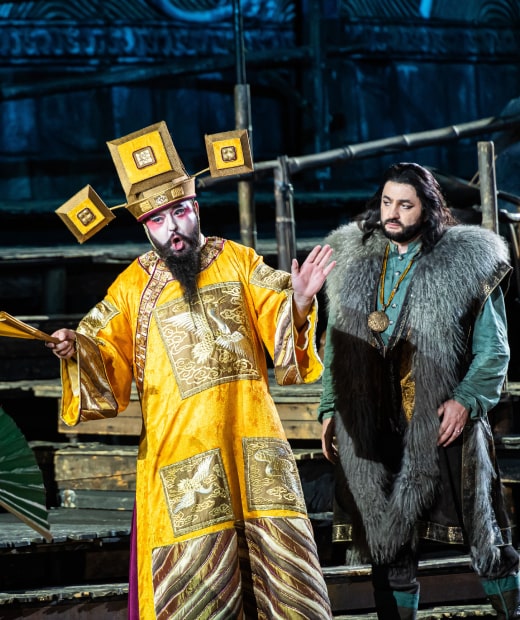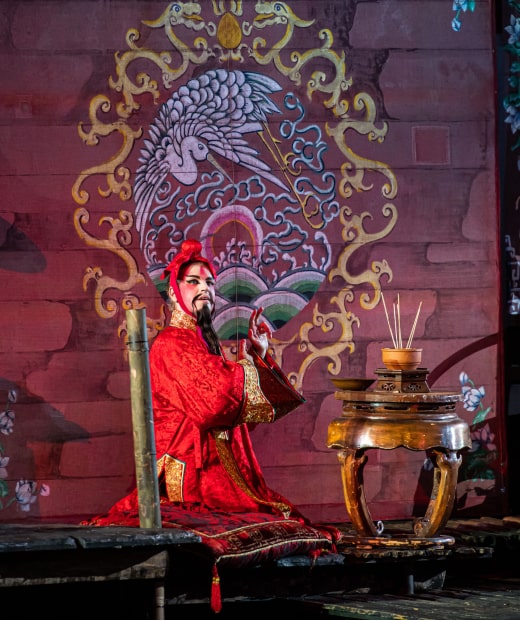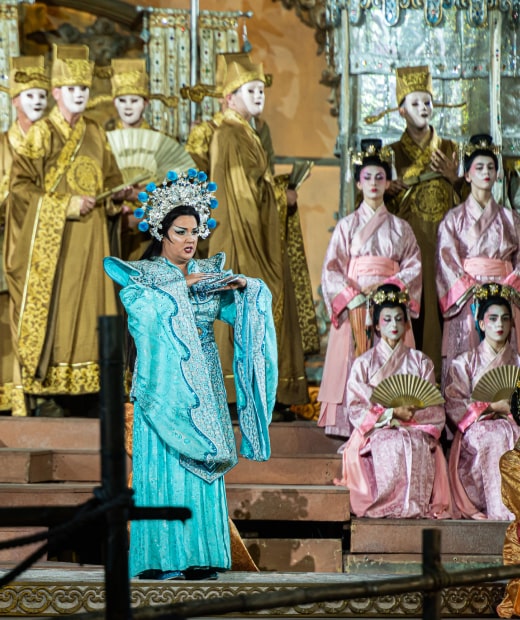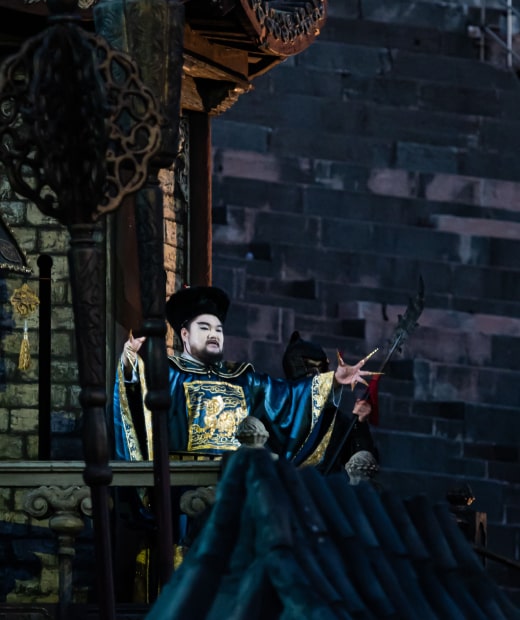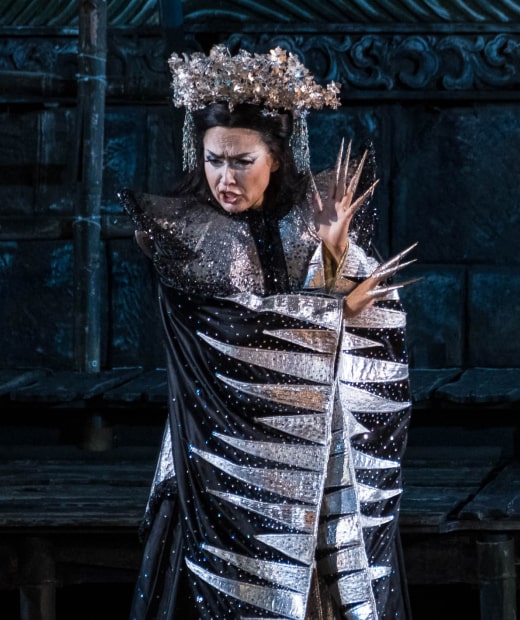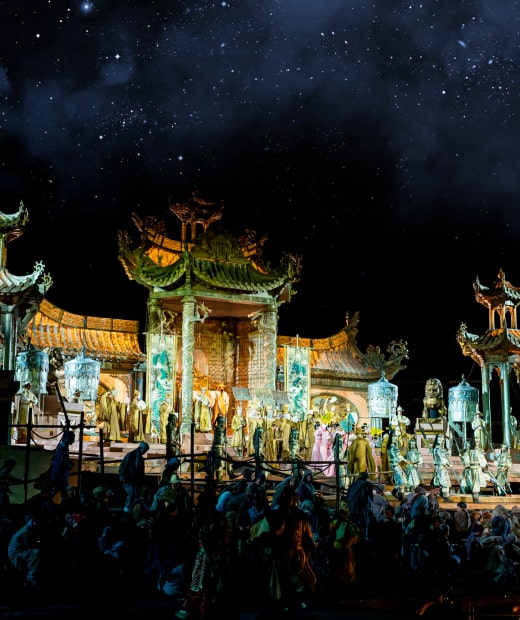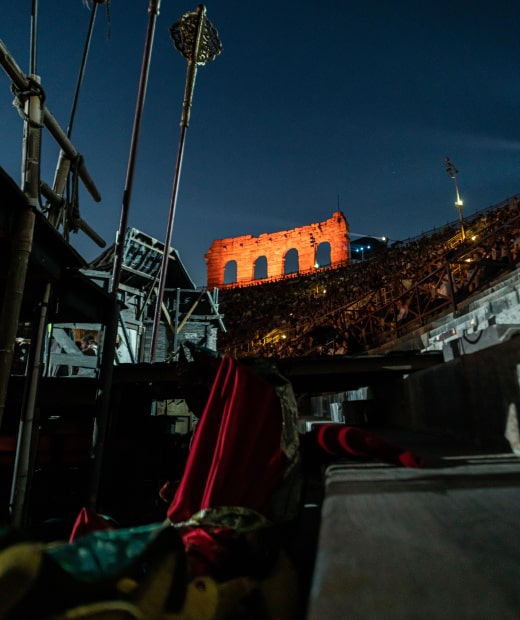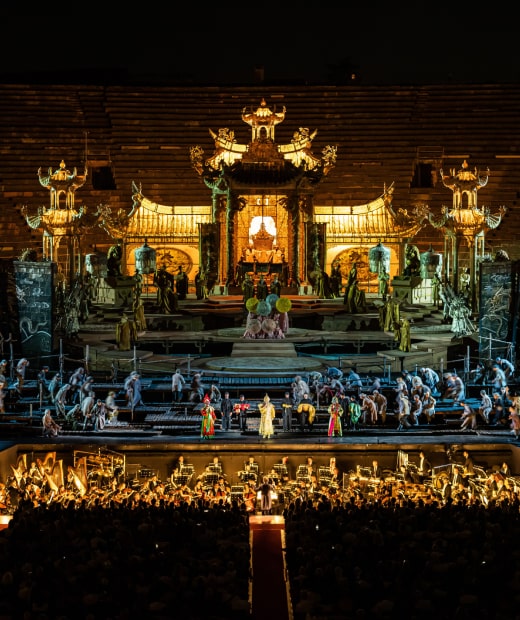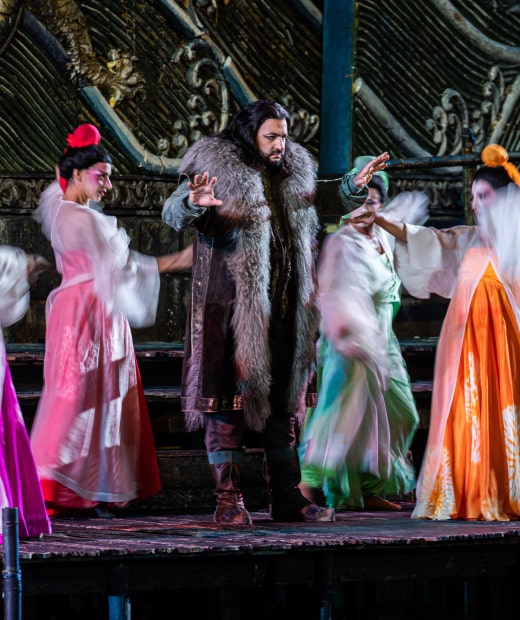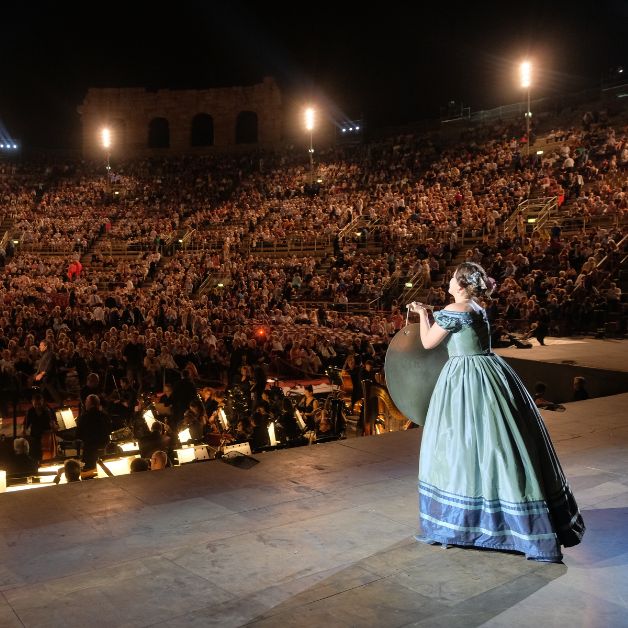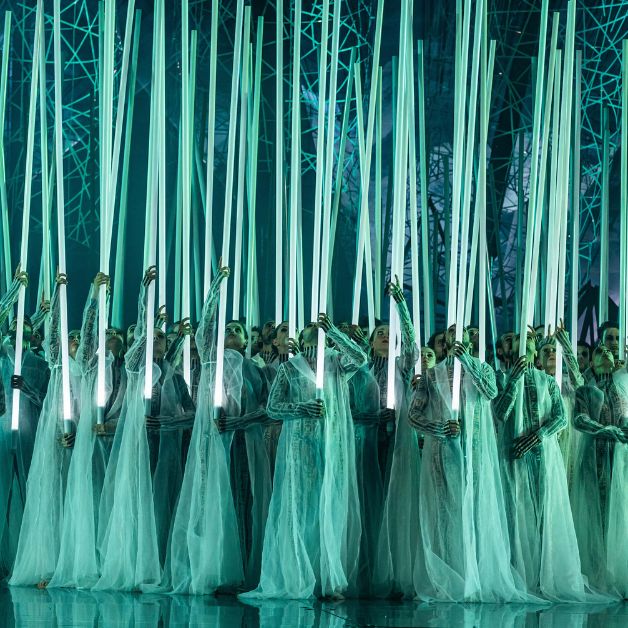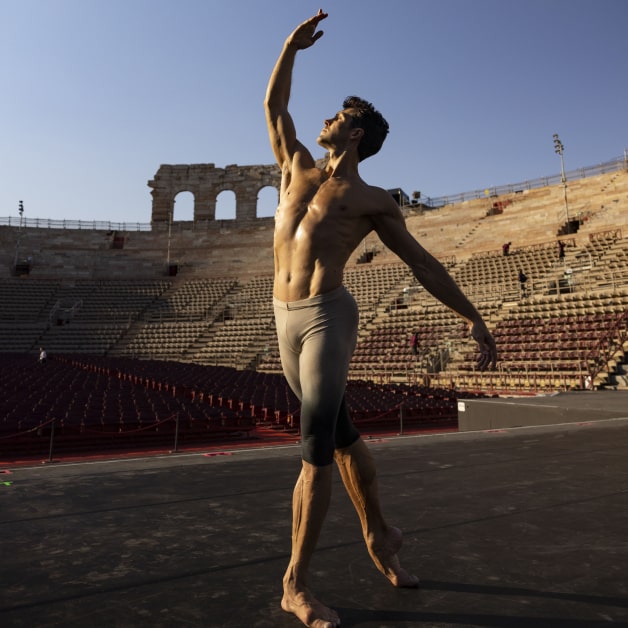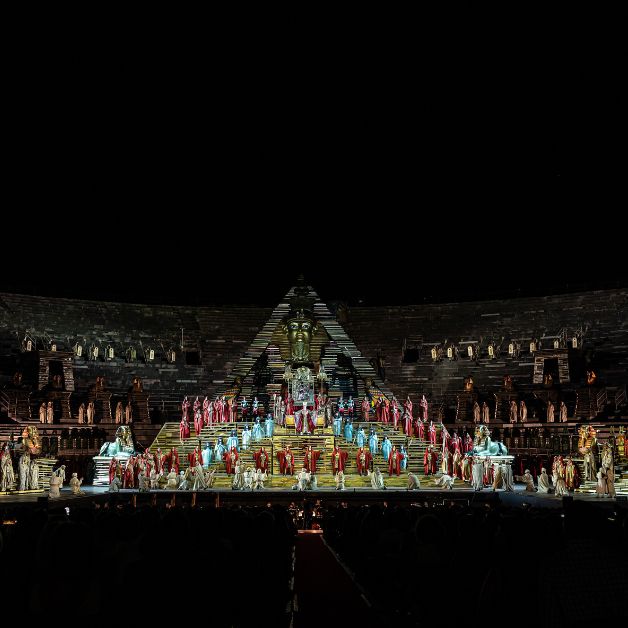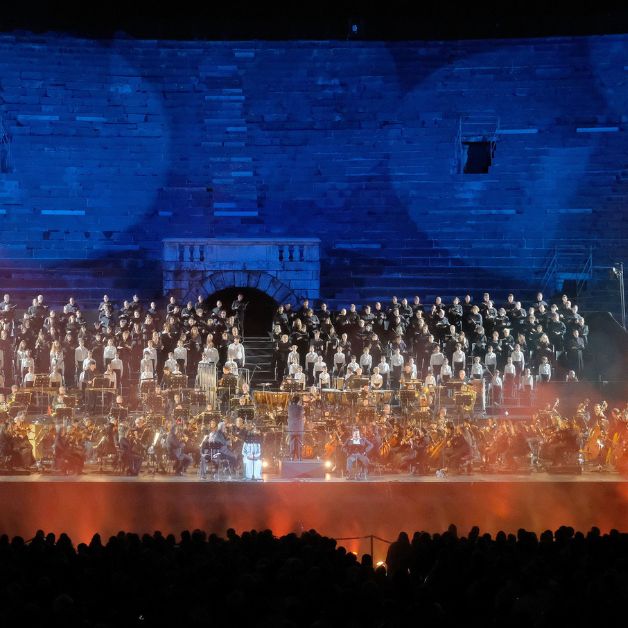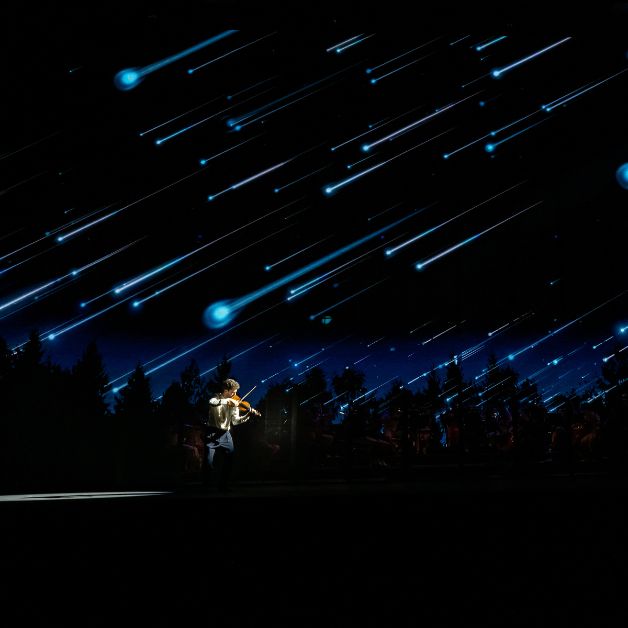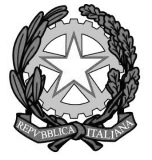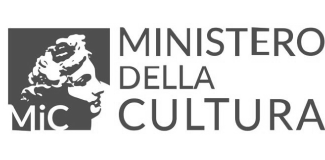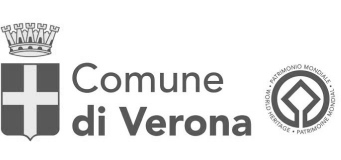tickets from €28,00
Turandot
Opera
2026
Giacomo Puccini
About
Giacomo Puccini's Turandot blows out a hundred candles. It’s time to celebrate its first century of life with the fairytale setting born from the imagination of Franco Zeffirelli: a record-breaking Arena production, with costumes created by the Oscar-winning designer, Emi Wada.
Upcoming Shows
-
Friday
at 21:00
Show castTurandot 07 August 2026 - The Cast: Characters and Artists list cast coming soon -
Friday
at 21:00
Show castTurandot 14 August 2026 - The Cast: Characters and Artists list cast coming soon -
Friday
at 21:00
Show castTurandot 21 August 2026 - The Cast: Characters and Artists list cast coming soon -
Thursday
at 21:00
Show castTurandot 27 August 2026 - The Cast: Characters and Artists list cast coming soon -
Thursday
at 21:00
Show castTurandot 03 September 2026 - The Cast: Characters and Artists list cast coming soon -
Friday
at 21:00
Show castTurandot 11 September 2026 - The Cast: Characters and Artists list cast coming soon
Cast
Orchestra, Coro, Ballo e Tecnici
Chorus Master
Dance Company Coordinator
Director of stage design
